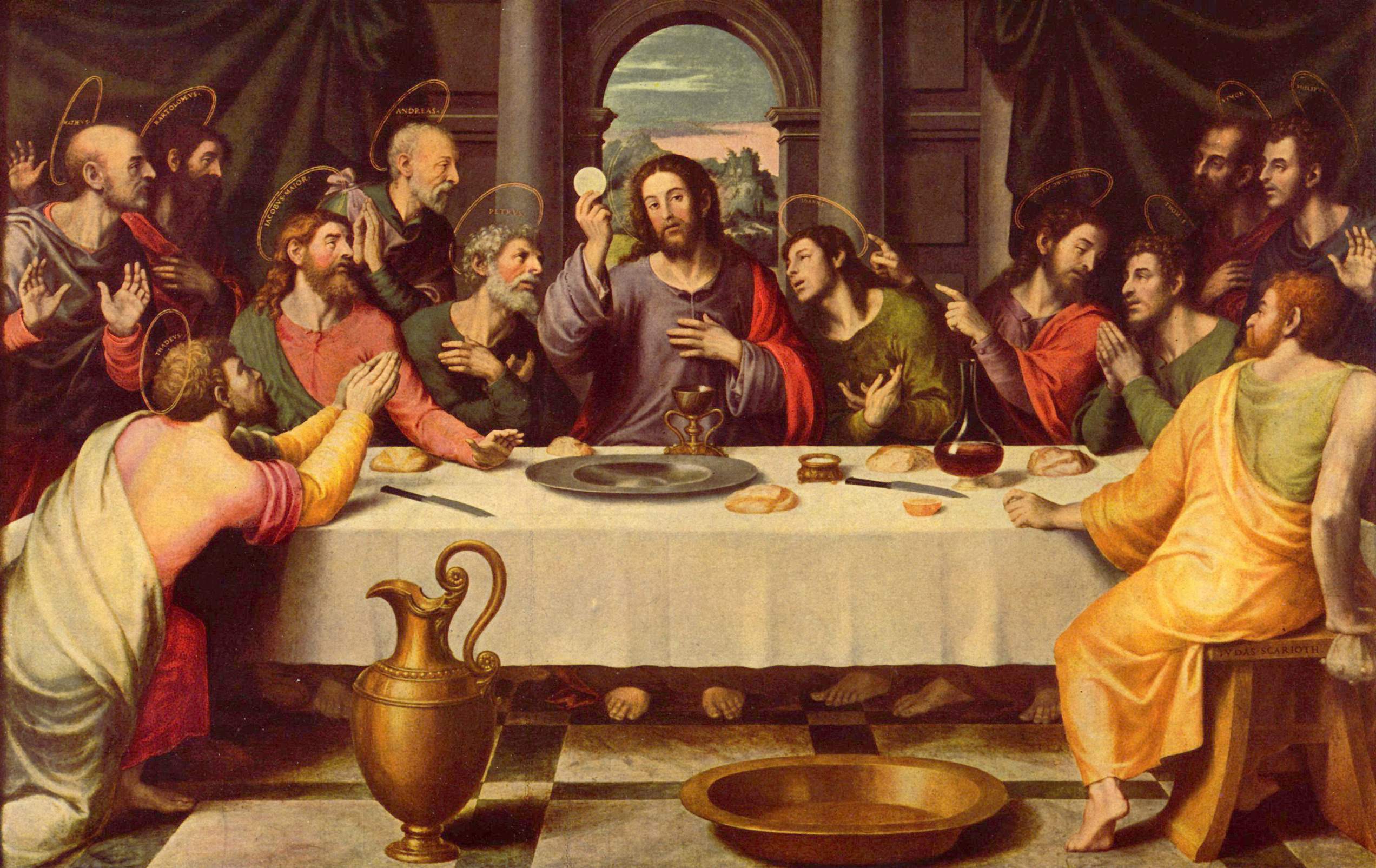I really wanted to get this out Monday night but at least I’m publishing an article within the same week of the Gospel passage I’m referencing. This is from Tuesday’s Gospel:
The disciples approached Jesus and said,
“Who is the greatest in the Kingdom of heaven?”
He called a child over, placed it in their midst, and said,
“Amen, I say to you, unless you turn and become like children,
you will not enter the Kingdom of heaven.
Whoever becomes humble like this child
is the greatest in the Kingdom of heaven.
And whoever receives one child such as this in my name receives me.
I’m going to tie this reading to the concept of humility which is one of the themes of the Fifth Luminous Mystery — The Institution of the Eucharist. I think it is important to realize that when you receive the Eucharist, you are encountering Jesus as if he was present in human form. This is not a gift to be received lightly and yet so many of us (myself included) often receive this gift on auto-pilot without the sincere awe, thought, and gratitude Jesus deserves.

I once heard a priest on EWTN radio remark on how short the lines to Confession are on Saturday and how long they are for Communion on Sunday. We either live in an age of saints or many of us are not showing the humility to abstain from receiving the Eucharist when we are not in a worthy state. We have to remember that receiving Jesus Christ in the Eucharist is not some sort given when you go to Mass but is something that you should put some thought into on whether to receive Him or not.
For those who need a refresher on the requirements to receive Communion, EWTN summarizes the Catechism nicely:
The prerequisites for the reception of Holy Communion are 1) being in the state of grace, 2) having fasted for one hour (for the sick 15 minutes if possible, no fast if fasting is not possible), and 3) devotion and attention.
I think a lot of people feel obliged to get into the Communion line because they feel like people will judge them and assume they did something horrible to fall out of a state of grace. But that is only one condition for not receiving Communion. You could just as easily abstain from Communion for non-grave reasons like not fasting or because you came late to Mass and just do not feel like you are in that spiritual zone. But here’s the point many people miss when they feel like everyone will assume the worst for not receiving Communion. NO ONE CARES! I think the number of people that are observing who is not receiving Communion is so incredibly small. And are they people who you even care what they think about you? Is it really worth offending God to please a handful of Communion ombudsmen?
I suggest praying the Fifth Luminous Mystery during the presentation of the gifts and really examine your conscience about receiving Communion. Really, it is okay to occasionally abstain as long as you also make an effort to correct the underlying reasons why you need to abstain from Communion in a timely manner. Go to Confession, remember to fast, etc. In short, be humble enough to know when you are not worthy to receive the Eucharist and motivated enough to do everything in your power to return to a state of grace.
Connecting back to the Gospel reading, what is one trait many young children have? Children are genuine. They aren’t self-conscious or fake. They do not have this need to keep up a certain facade to please others. I’m always amazed how unfiltered small children can be at times. And maybe that’s what Jesus asks of us adults; to tear down those walls of pride or vanity and do what is right regardless of how others may perceive it. Another way to think about it is that God is our Father and we are His children. He sets the rules and expectations and He does it for very good reasons. And while we may not always like or agree with them, maybe like a child, we need to swallow our pride, accept God’s teachings, and have faith that what He asks is for our ultimate benefit.




